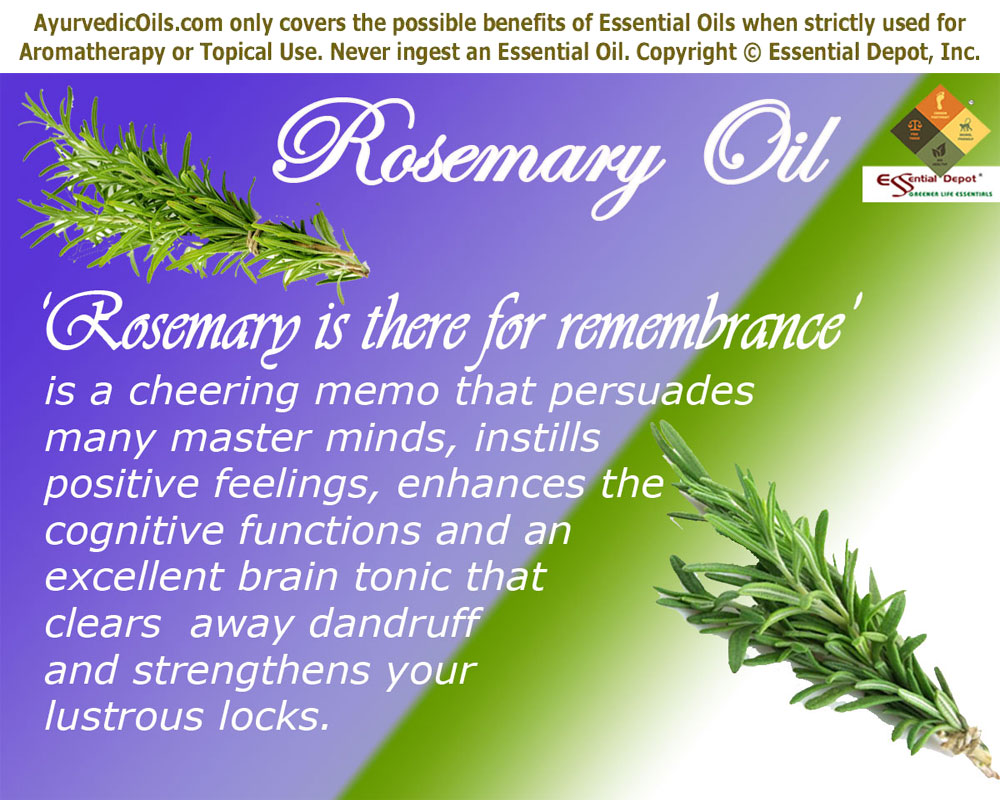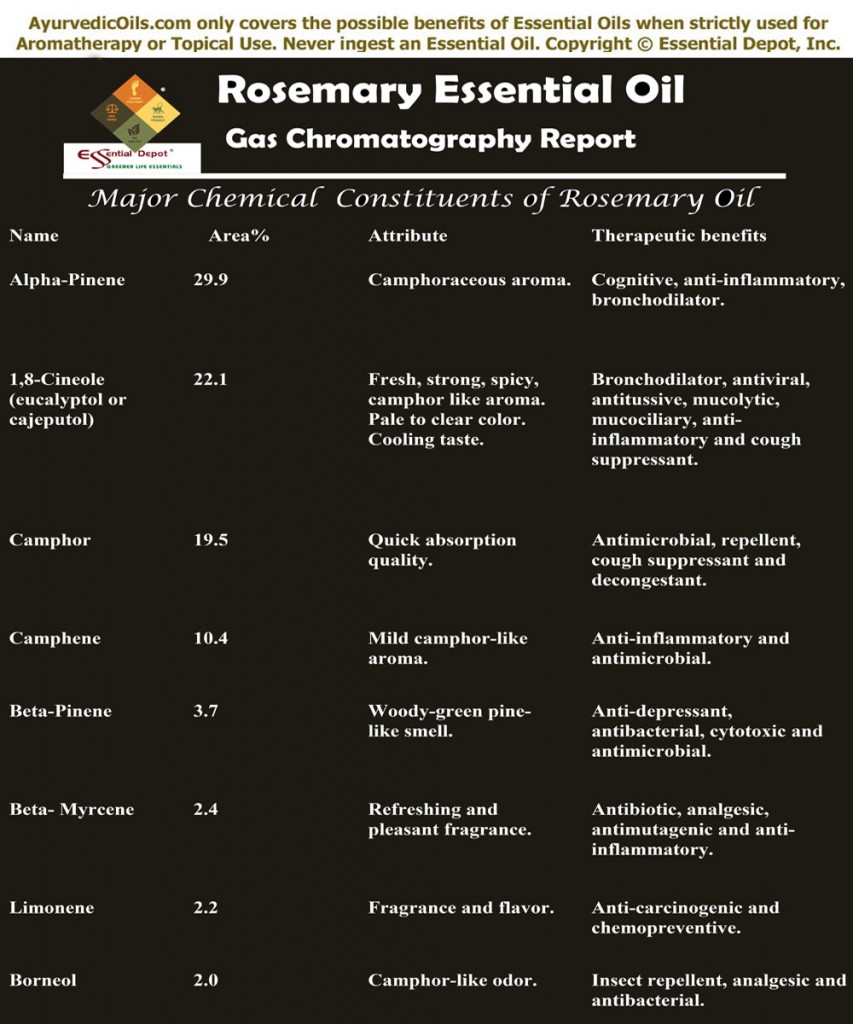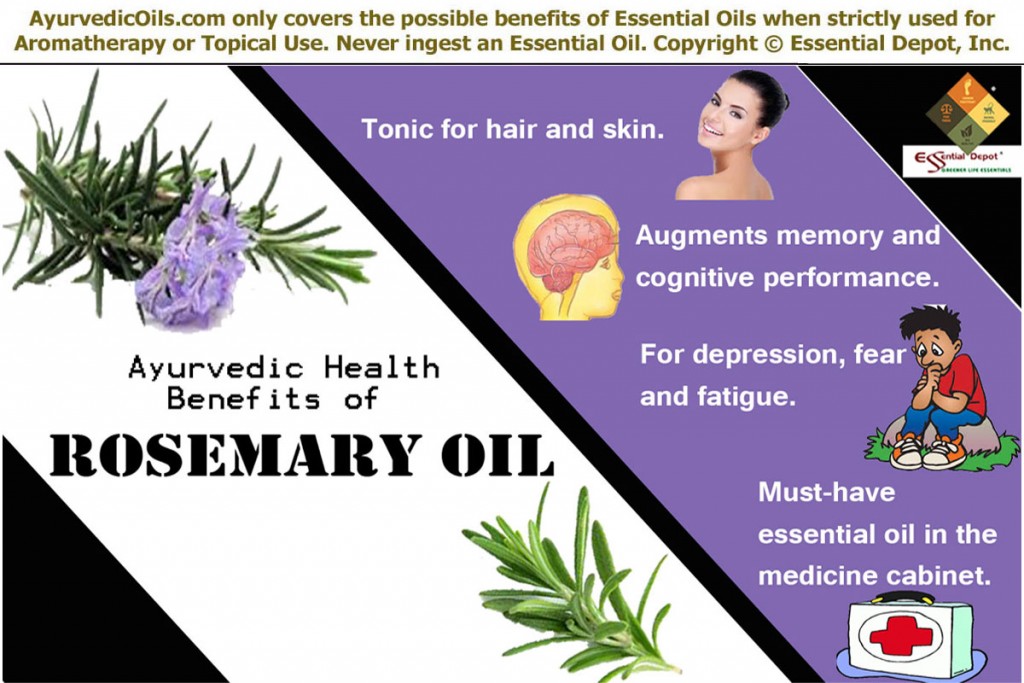‘Wondering whether you have locked your home?’ after stepping into your office. Thinking whether you turned off the stove while you are half asleep? Made your little one wear his/her sports dress on a ‘strictly uniform’ demanding Monday morning? Trust me, then you are travelling on the not-so-smooth road of memory loss. It’s not only you but many of us suffer from memory loss. Pharmaceutical drugs can help you temporarily but very soon you may be affected by perilous side-effects. The best and the natural way to treat memory loss is by following the paths of our ancestors, who have gifted us with Ayurveda, the mother of all healing sciences.
What is memory loss? The best function of the human brain is the power of recollecting and retaining information and that is known as memory power. This is assisted by neurotransmitters or brain chemicals, the imbalance of which causes memory problems. Memory loss is the loss of ability to remember things or events that may be recent or from memories of the past or both together. It is also known as amnesia, loss of memory, forgetfulness, amnestic syndrome and impaired memory. Loss of memory can be permanent or transient depending upon an individual and his environment.
What causes loss of memory? Thousands of reasons could be attributed to this unusual forgetfulness but the predominant ones being aging, stress, depression and other psychological disorders. Few other causes of memory loss are alcoholism, drug addiction, weakened immunity, brain disorders, exposure to chemical or toxic substances, lack of nutrition or imbalanced diet, genetics, accidents or other traumatic disorders, cancer treatments like chemotherapy and brain radiation and certain other nervous disorders.
Ayurveda and memory loss: The Sanskrit term for memory loss in Ayurveda is Smriti Naasha. It generally occurs due to vitiation of vata dosha or kapha dosha. Increased vata can end up in “in one ear, out the other” syndrome. Balanced vata is imperative for all the functions vested with the nervous system, whereas pitta balance is responsible for sharp mind, focused thinking and clarity of mind. Balance in kapha dosha fosters movement and carries the information to the brain through nerve impulses and helps to save it on the brain tissue. The 3 trusted Ayurvedic remedies for treating loss of memory and enhancing brain power are:
Ayurvedic essential oils: Essential oils are natural extracts from plants. The immemorial essential oil to treat memory loss is Rosemary essential oil as it is said to have a positive effect on the cognitive function and boosts brain power. This is why the celebrated English Herbalist Nicholas Culpeper rightly said that Rosemary “Helps a weak memory and quickens the senses. The chymical [essential] oil drawn from the leaves and flowers, is a sovereign help…touch the temples and nostrils with two or three drops.” This essential oil is also proved to sharpen the mental faculties while improving the cognitive performance.
Calamus essential oil contains terpenoids with sedative effect, trusted to empower the nervous system. Famous Botanist M. Daniel from the M.S. University strongly says that Calamus is effective in treating mental disorders, memory loss and augments memory power and intellect. The other effective essential oils for enhancing memory power are Basil essential oil, Thyme essential oil, Clary Sage essential oil, Roman Chamomile essential oil, Ginger essential oil, Lemon essential oil and Grapefruit essential oil.
Ayurvedic herbs: Intake of Ayurvedic herbs like Brahmi, Gotu Kola, Acorus Calamus, Ashwagandha, Celastrus paniculata, Nardostachys, Convolvus Pluricaulis and few other herbs have been proven effective in treating memory loss problems. Brahmi is known as an excellent brain and nerve tonic that is used to perk up the intellect, support learning and treat memory disorders and cognitive impairment. The famous ‘Phytotherapy Research’ of the A&M University, Texas has proved that Brahmi herb protects against Alzheimer’s disease.
Herbalist Penelope Ody says that Gotu Kola is an endurance tonic that reduces stress, anxiety, high blood pressure and enhances the memory power while invigorating the brain and central nervous system. In her popular book ‘The Holistic Herbal Directory’, she suggests the use of Acorus Calamus to augment mental awareness and memory power.
Ayurveda recommends the use of Convolvus Pluricaulis for memory problems as it is an exceptional tonic for revitalizing the functions of the brain and stimulate the nerves. Celastrus paniculata is also known as the intellect tree with its neuro-protective, anti-depressant, sedative and stimulant properties. The oil extracted from the seeds of this plant is used as a brain tonic for treating memory loss by Ayurvedic practitioners.
Yoga and Meditation: Regular meditation improves the power of concentration and aids in self-realization, paving way for mental wellness mainly due to the positive changes created in the brain wave patterns. Practicing Pranayama, the Yogic breathing method helps in attaining inner peace along with enhanced spiritual skills, high concentration and memory power. Other effective Yogasanas for treating memory loss problems are Sarvangasana (Shoulder Stand), which revitalizes and invigorates the entire body, Balasana (Child pose) that helps in normalizing the circulation after performing the head stand, treats nervous irritability, anxiety and fatigue.
Along with these Ayurvedic remedies, light and cleansing diet including fresh fruits, organic vegetables, nuts, ghee etc, will boost your insight and aid in strengthening your memory power. No more worries and only sweet and strong memories, undoubtedly with Ayurveda.
Thought for the day:
[Memory is] a man’s real possession…In nothing else is he rich, in nothing else is he poor. –Alexander Smith
Suggested Reading:
- Ayurveda and the Mind: The Healing of Consciousness By Dr. David Frawley
- Yoga & Ayurveda: Self-Healing and Self-Realization By Dr. David Frawley
- Life’s a Smelling Success: Using Scent to Empower Your Memory and Learning By Alan Hirsch
Reference links:



